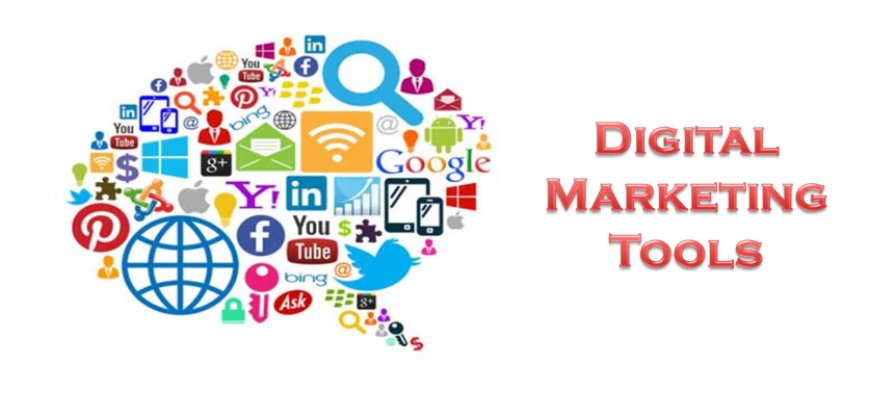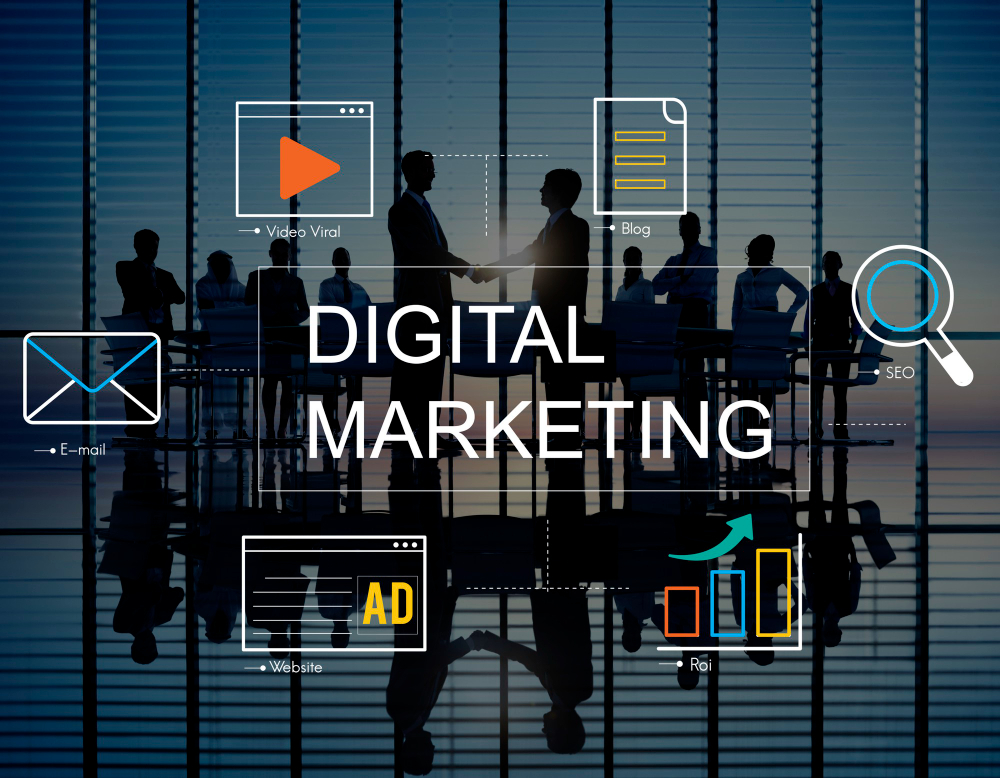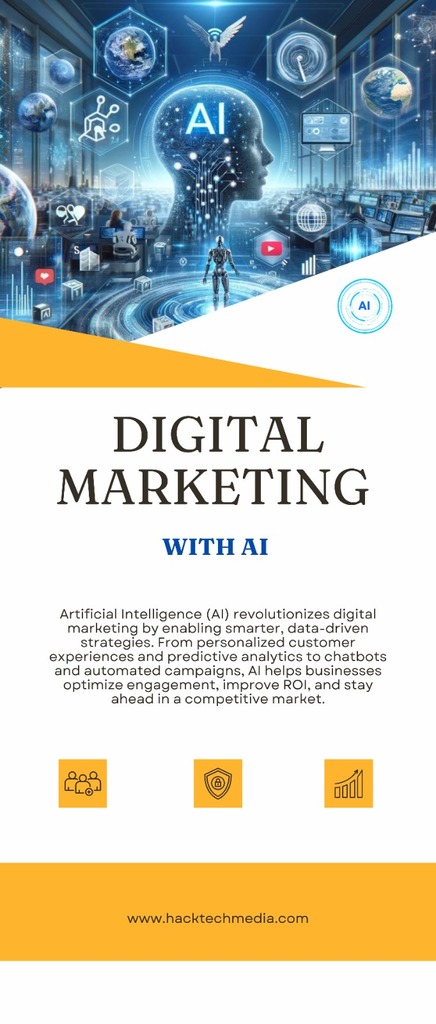Introduction: Why Digital Marketing is Evolving Rapidly
The world of digital marketing is transforming at an unprecedented pace.
Every year brings new platforms, technologies, and customer behaviors.
This dynamic landscape challenges businesses to rethink their strategies.
What drives this evolution?
Advancements in technology and shifts in how people consume content play significant roles.
Consumers demand personalized, authentic experiences, while brands strive to meet these expectations in creative ways.
Understanding the expanding scope of digital marketing is no longer optional.
It’s a necessity for businesses aiming to thrive in a competitive market.

Key Digital Marketing Trends to Watch in 2024
Personalization in Marketing
Personalization isn’t just a trend; it’s becoming a core expectation.
Modern consumers want brands to understand their preferences and cater to their needs.
Leveraging tools like customer data platforms (CDPs), businesses can segment audiences effectively.
This segmentation allows for tailored messages, increasing engagement and conversions.
For example, Netflix and Spotify excel in personalized recommendations.
They set the standard by providing content users love based on their behavior.
Brands that ignore personalization risk losing relevance.
To stay ahead, focus on delivering value that resonates with your target audience.
AI and Automation in Digital Campaigns
AI and automation are redefining digital marketing strategies.
From chatbots to programmatic advertising, these tools simplify processes and enhance efficiency.
AI analyzes vast amounts of data, identifying patterns humans might miss.
This insight helps marketers optimize campaigns for better performance.
Automation tools like email workflows save time while maintaining a personal touch.
For instance, triggered emails based on user actions can drive conversions.
As AI continues to evolve, its role in marketing will only grow.
Brands adopting these technologies gain a competitive edge.
Online Strategies That Deliver Results
Omnichannel Marketing Approaches
Consumers interact with brands across multiple touchpoints.
This makes omnichannel marketing essential for delivering consistent experiences.
Whether through social media, email, or physical stores, every interaction matters.
Brands like Amazon excel by ensuring seamless integration across platforms.
An effective omnichannel strategy builds trust and loyalty.
Start by understanding your customer journey and identifying key touchpoints.
Content Marketing That Captivates Audiences
High-quality content remains at the heart of digital marketing success.
But today, it’s not just about producing content—it’s about storytelling.
Audiences crave authenticity and value.
Blog posts, videos, and infographics must inform, entertain, or inspire.
Interactive formats like polls or quizzes boost engagement.
Consider platforms like TikTok or Instagram for creative storytelling.
Consistency is key to building authority and trust.
Develop a content calendar to keep your audience engaged year-round.

Marketing Tips for Staying Ahead of the Curve
The Role of Data in Digital Success
Data is the foundation of effective digital marketing.
It helps you understand customer behavior, measure campaign success, and refine strategies.
Tools like Google Analytics and CRM software provide actionable insights.
Use these to monitor key metrics like click-through rates and conversion rates.
Data-driven decisions minimize risks and maximize ROI.
Invest in analytics training or hire experts to make the most of your data.
Building Strong Customer Relationships
Trust is a cornerstone of successful marketing.
Building strong relationships ensures customer loyalty and advocacy.
Social media platforms are excellent for fostering connections.
Respond to comments, engage in conversations, and showcase your brand’s human side.
Loyalty programs and exclusive offers can also strengthen bonds.
Always prioritize authenticity and transparency in your communications.
Practical Tools for Digital Marketing Success
To effectively implement these strategies, leveraging the right tools is essential.
Here are some practical recommendations to help streamline your digital marketing efforts:
- SEO Optimization:
- Use tools like SEMrush or Ahrefs to track keywords, analyze competitors, and optimize content.
- Google Search Console helps you monitor website performance and resolve technical issues.
- Social Media Management:
- Platforms like Hootsuite or Buffer simplify scheduling and monitoring social media campaigns.
- Canva enables easy creation of visually engaging social media posts.
- Email Marketing:
- Mailchimp and HubSpot are excellent for automating email campaigns and tracking open rates.
- Focus on segmentation to ensure emails resonate with different audience groups.
- Analytics:
- Leverage Google Analytics 4 to gain deeper insights into user behavior and campaign effectiveness.
- Pair it with tools like Hotjar for heatmaps and session recordings to understand user interactions.

Emerging Platforms to Watch in 2024
The digital marketing landscape isn’t just about traditional platforms.
New and emerging tools can offer exciting opportunities:
- TikTok Ads:
With its rapid growth, TikTok remains a hub for reaching younger audiences.
Short, authentic video content often performs best. - Metaverse Experiences:
While still nascent, virtual reality (VR) platforms are reshaping brand experiences.
Early adoption can set your business apart. - Voice Search Optimization:
Optimize for voice search using conversational keywords.
With the rise of smart speakers, ensuring your website is voice-search-friendly is critical.
Incorporating Ethical Marketing Practices
Digital marketing isn’t just about innovation; it’s about responsibility.
Consumers are increasingly drawn to brands that align with ethical values.
- Transparency:
Be upfront about data collection practices.
Clear privacy policies and opt-in choices build trust. - Inclusivity:
Create content that represents diverse audiences.
This fosters deeper connections with various demographics. - Sustainability:
Highlight eco-friendly initiatives or partnerships.
Brands showing commitment to sustainability often resonate better with modern consumers.
Future Trends to Prepare For
Looking beyond 2024, here’s what could shape the future of digital marketing:
- Zero-Party Data:
Encourage users to willingly share data through surveys, quizzes, and preference settings.
This ensures compliance with increasing data privacy regulations. - Blockchain in Marketing:
Blockchain can enhance transparency in digital ads by eliminating ad fraud.
Brands may also use it to verify product authenticity. - Hyper-Personalized Experiences:
AI will continue to enable more advanced personalization.
For instance, dynamic website content that adjusts based on user behavior.
Key Takeaways for Your Digital Marketing Strategy
- Start Small, Think Big:
Begin by refining one area, like content or email marketing, then scale your efforts. - Keep Learning:
Digital marketing changes quickly—stay updated with webinars, courses, and industry blogs. - Measure Everything:
Always track performance metrics to understand what’s working.
Adjust campaigns based on data-driven insights.
Conclusion: Adapting to Change is the Key to Success
Digital marketing’s expanding scope presents challenges and opportunities.
By embracing trends, refining strategies, and focusing on customer relationships, businesses can thrive.
Stay agile and open to learning as the landscape evolves.
The key to success lies in understanding your audience and delivering value at every touchpoint.







